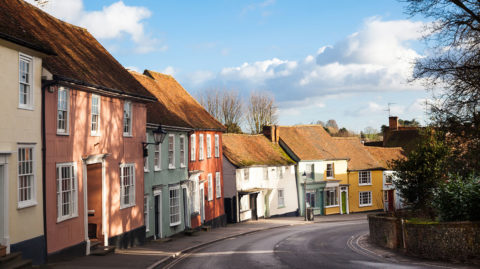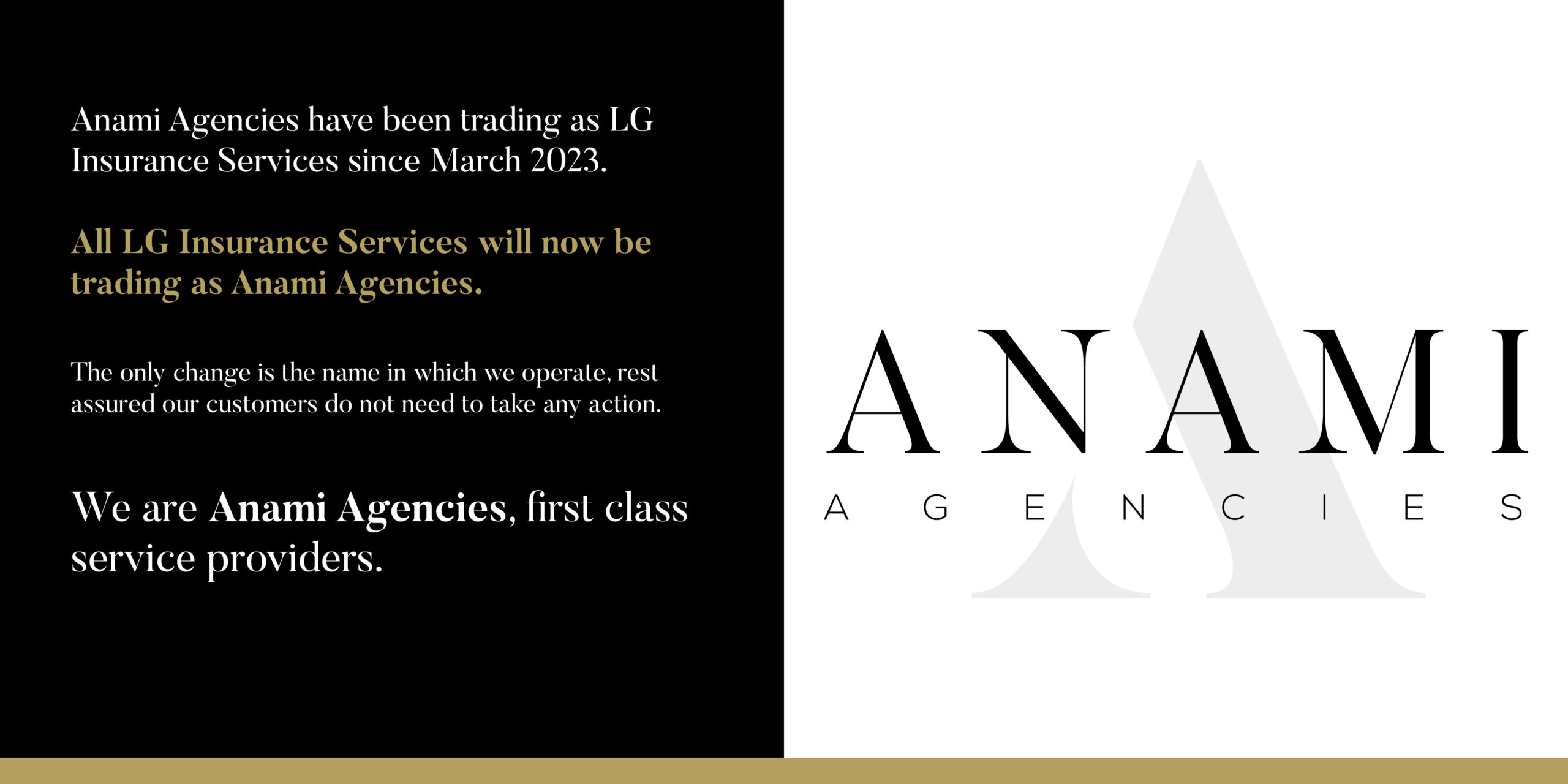Following a probe by the Competition and Markets Authority (CMA), from 1st September 2019, hotel booking websites will now be subject to new regulations surrounding their current selling tactics. Concerns were raised following issues such as pressure selling, misleading information and hidden charges. This information implied that many hotels were more popular than they were and that the sites themselves had secured significant discounts for customers.
Companies such as Expedia, Trivago and Booking.com will put an end to these tactics from the date specified and agreements have been put in place to universally implement best practices. The CMA noted that not all the companies investigated had fallen foul of misleading tactics and some good deals could be found through using them. They simply want to ensure customers can trust the information they are given.
We look at the tactics called out by the CMA and what has been agreed by the companies going forward.
Pressure selling
When looking at a hotel, booking sites often bring up alerts to show that others are looking at the hotel at the same time as you. They may also state that there is only one room available which can influence us to move quickly. Many sites also include sold out hotels in search results to infer that the consumer should act fast or may miss out.
While these tactics aren’t necessarily a lie, they are misleading. Most consumers looking at a hotel at the same time will be looking at different dates, and even if there’s one deluxe double room left, there’s likely 5 superior double rooms available for consumers to fall back on. All booking websites have now agreed not to provide a false impression of a hotel’s popularity and to make the true implications of their claims fully transparent.
Search results
While we may assume that the hotels that pop up first in search results are the most relevant or the best deals, this isn’t usually the case. Hotels often pay more to these sites to ensure that they come up higher in search results, meaning that their position has no actual bearing on the quality or value of the hotel itself. Even though at present these sites need to show that a post is sponsored, this isn’t always noticeable to users. From 1st September, if a site has paid for a higher ranking, this will need to be clear to the average consumer.
Discounts
When scrolling through hotels, you may be blown over by the significant discounts offered, which can be as much as 60% off the ‘original price’. However, Which? Travel investigated these tempting discounts and found that many were showing the price of a luxury suite against the standard room rate as the new ‘discounted price’. Sometimes, they would show the weekend room rate compared to that of the price of a room midweek.
Going forward, all discounts shown by these sites will need to be accurate, clear and representative of current prices. If these sites are found to be offering misleading discounts, they could find themselves in court proceedings.
Hidden charges
While booking sites have become more transparent about additional fees over the last few years, some are still duping customers with an attractive starting price which soars once these have been added further down the booking process. Whether it’s hotel tax, city/resort fees or booking costs, extra fees will need to be shown in the price from the outset.
At Anami Agencies, we believe in full disclosure when it comes to your holiday, and that extends to your travel insurance. While a price you find on a price comparison site may seem attractive, it may not give you the coverage you expect and need, which is why seeking advice from our impartial, honest team can help you get the policy you need.
Give us a call on 020 8294 1040 to find out more.













